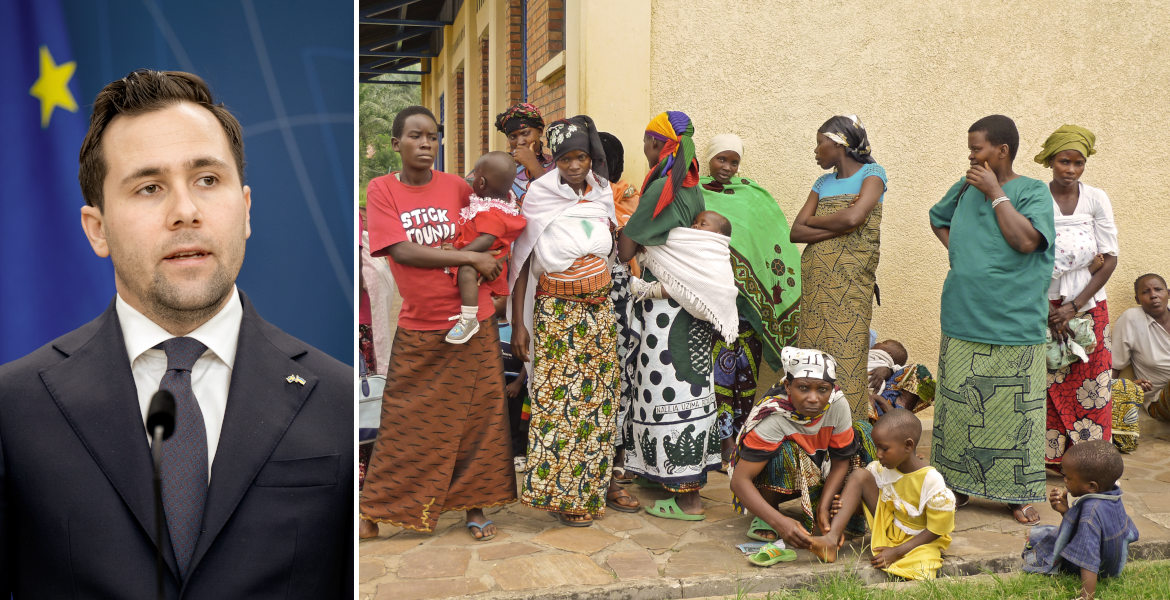43% of Swedes carry cash in their wallets – an increase of six percentage points since 2021.
On behalf of Bankomat, Kantar Sifo has asked Swedes for the fourth time whether they carry cash in their wallets. In 2021, 37% said they carried cash. In 2022, two surveys were conducted, the first before the war in Ukraine started, and 40% answered that they had cash. A few months later, another survey was conducted and 44% said they had cash in their wallets.
When the same survey was conducted in April 2023, 43% said they carried cash in their wallets.
– External events such as the pandemic and the invasion of Ukraine temporarily affect Swedes’ relationship with cash, but it is not self-evident that this leads to lasting changes in behavior. In this context, it is interesting that even a year after the war, more Swedes choose to carry cash, says Johan Nilsson, Customer and Marketing Manager at Bankomat AB, in a press release.
The biggest change between May 2022 and April 2023 was in the 65-79 age group, where the number of people carrying cash dropped from 65 percent to 58 percent, which partly means a return to the level before the war in Ukraine. In other age groups, the proportion of people carrying cash either increased or remained the same.
– Cash remains important for many people who are unwilling or unable to use digital payment solutions. Cash management must also work in everyday life if it is to function in crisis situations when digital payment systems may fail. The state must now take financial responsibility for ensuring cash management, says Johan Nilsson.








